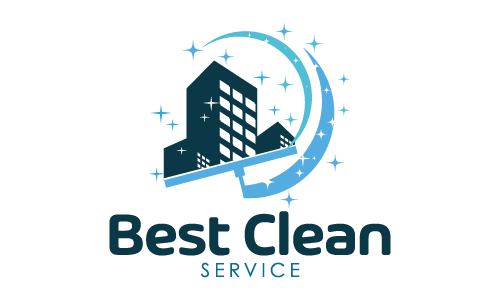Eco-Friendly Cleaning: Why It Matters and How to Implement It
In recent years, there has been a growing awareness of the importance of eco-friendly practices in all aspects of life, including cleaning. Eco-friendly cleaning not only helps protect the environment but also promotes healthier living spaces. This blog will explore why eco-friendly cleaning matters and provide practical tips on how to implement it in your home or office.
- Protects the Environment
Traditional cleaning products often contain harmful chemicals that can pollute the air and water. When these chemicals are washed down the drain, they can harm aquatic life and disrupt ecosystems. Eco-friendly cleaning products are made from natural, biodegradable ingredients that minimize environmental impact, helping to preserve our planet for future generations.
- Improves Indoor Air Quality
Many conventional cleaning products release volatile organic compounds (VOCs) into the air, which can cause respiratory problems, allergies, and other health issues. Eco-friendly cleaning products are free from these harmful chemicals, improving indoor air quality and creating a healthier living and working environment.
- Reduces Health Risks
Exposure to harsh cleaning chemicals can cause skin irritation, eye damage, and other health problems. Eco-friendly cleaning products are typically gentler and safer to use, reducing the risk of adverse health effects for you, your family, and your pets.
- Choose Eco-Friendly Cleaning Products
The first step in implementing eco-friendly cleaning is to choose products that are non-toxic, biodegradable, and free from harsh chemicals. Look for certifications like Green Seal, EcoLogo, or the EPA’s Safer Choice label to ensure the products meet strict environmental and health standards.
- Make Your Own Cleaning Solutions
You can also create your own cleaning solutions using natural ingredients like vinegar, baking soda, lemon juice, and essential oils. These homemade cleaners are effective for many household tasks and are free from harmful chemicals. For example, a mixture of vinegar and water can be used to clean glass and surfaces, while baking soda works well for scrubbing and deodorizing.
- Use Reusable Cleaning Tools
Reduce waste by using reusable cleaning tools such as microfiber cloths, washable mop heads, and natural sponges. These items can be washed and reused multiple times, unlike disposable wipes and paper towels, which contribute to landfill waste.

